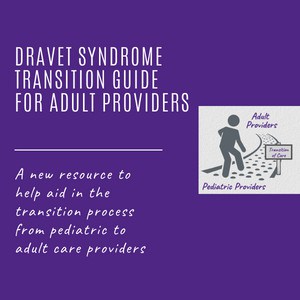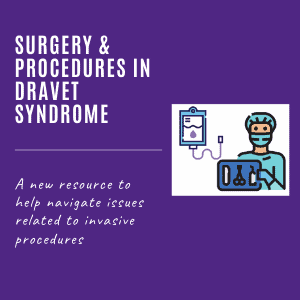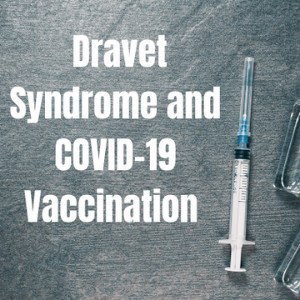Optimizing the Regional Administration of SCN8a-targeting RNAi Therapy
Wenxi Yu, PhD – University of Michigan $50,000 ONE YEAR POSTDOCTORAL FELLOWSHIP Co-funded with JAM for Dravet Mutations in the sodium channel genes SCN1A and SCN8A are a significant cause of Developmental Epileptic Encephalopathies (DEEs), severe seizure disorders. We demonstrated that reduced expression of Scn8a using a specific ASO can prevent the onset of seizures […]
Optimizing the Regional Administration of SCN8a-targeting RNAi Therapy Read More »










